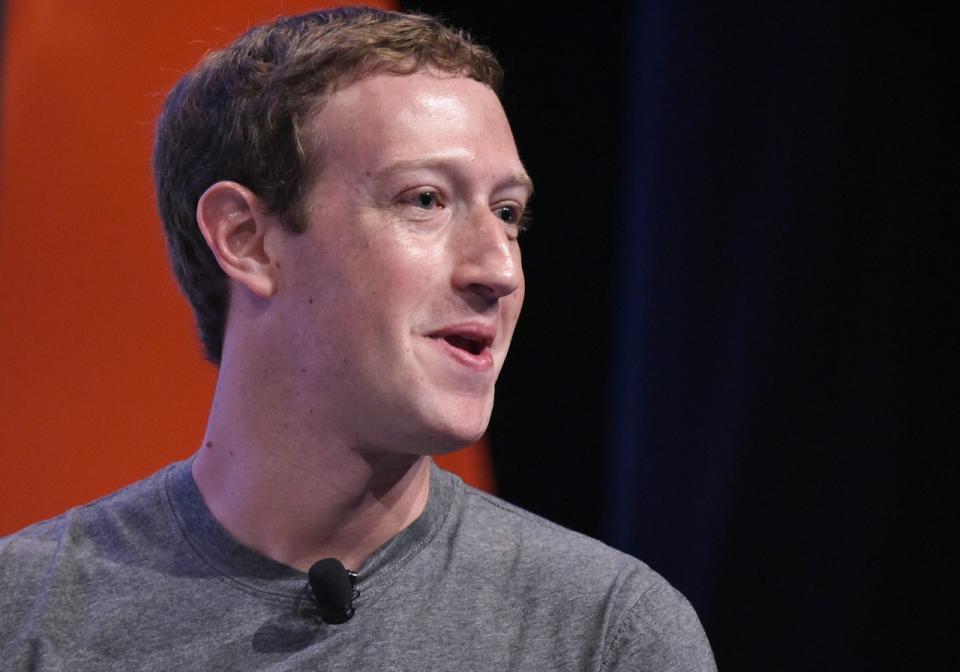Why investors should be thrilled about Facebook's Newsfeed change

By Jon Markman, Yahoo Finance Contributor
The panic among publishers is palpable. Facebook (FB) is tweaking its Newsfeed algorithm again – elevating posts from friends and family at the expense of all else and it is working. Profits are up, way up.
This is not the first time Facebook has made changes to its algorithm. Two years ago the social network noticed Facebookers were gobbling up video at a ravenous clip. This probably had something to do with Apple (AAPL) finally succumbing to the fact that smart phone screens should be the size of a Pop Tart – but that’s not the point.
What’s important is Facebook noticed a trend in its traffic and moved quickly to capitalize. It prioritized video, even paying some content providers to get aboard. The response from publishers was immediate too: more video. Even big, staid news organizations rushed to change the way they delivered content, hiring video teams and producers and photogenic people.
When Facebook saw a challenge from Twitter (TWTR) with its live-streaming mobile application, Periscope, once again the response was predictable. It prioritized live video and publishers rushed to meet that need. It kicked off with a Buzzfeed prank involving two interns in biohazard gear, thousands of elastic bands and one watermelon. More recently another Facebooker inadvertently live-streamed his own shooting death. It’s organic, it’s live, stuff happens.
And that’s sort of the overall point with Facebook and its algorithm. Its alive, stuff happens. Facebook is going to continue to serve its interest because it’s running a for-profit business. Its Newsfeed is the beating heart of that business. No matter how irregular, publishers find themselves marching to that beat.
In April Facebook noted original sharing on the network was declining. This means Uncle Ernie and your college buddy Yusuf were sharing fewer things about their lives. That’s a trend Facebook definitely does not want because its appeal among advertisers is it being a network of choice, where friends and family meet and share. Naturally Facebook is going tweak its algorithm to encourage this type of organic connection. It makes the network social. However, the upshot of elevating posts from family or people you may have gone to school with is fewer posts from publishers landing in your Newsfeed. If that decline is material, those publishers are going to be more inclined to pay to promote their content. That’s a win for Facebook. It gets to have its cake and eat it too.
This is dynamic is not being lost among publishers. In fact, they’ve been worried about Newsfeed manipulation and Facebook’s rising importance to their bottom line for a long time. They’re in a tough spot. Facebook generates the lion’s share of their traffic and is home to most of their readers/viewers. They can’t afford not to be in the Newsfeed. So they’re forced, against their better judgment, to do everything they can to make sure they continue to get exposure.
For its part Facebook is sounding all of the right notes, playing to its users. It even published a Newsfeed Values list, highlighting its commitment to user experience. Facebook claims it’s not in the business of picking the issues the world should read about but rather, its business is “connecting people and ideas — and matching people with the stories they find most meaningful. ”
While that all sounds good, Facebook continues to have extraordinary control over how stories reach Newsfeed. Publishers have good reasons to worry, but FB investors should be thrilled.
Click here to sign up for my free VIP newsletter on the intersection of technology, business and culture

 Yahoo Finance
Yahoo Finance 